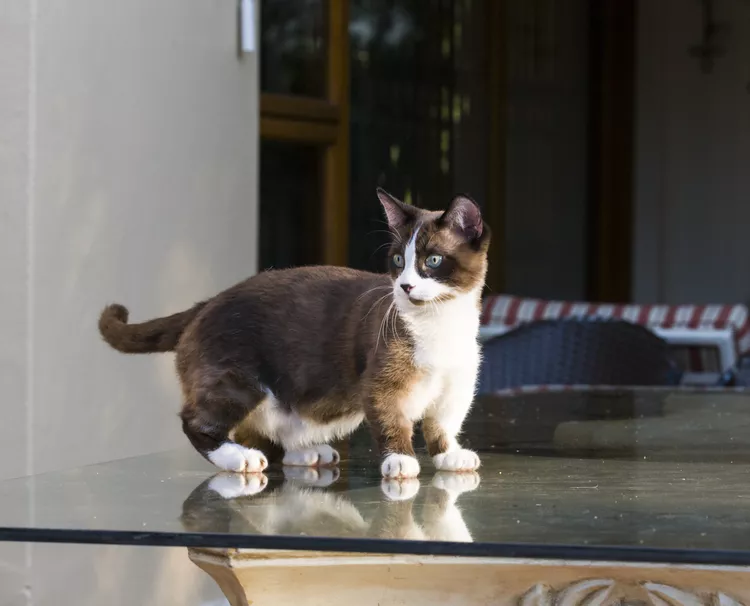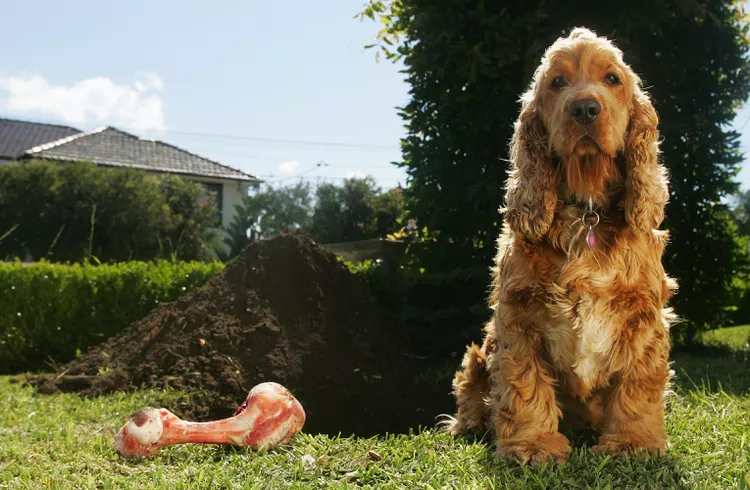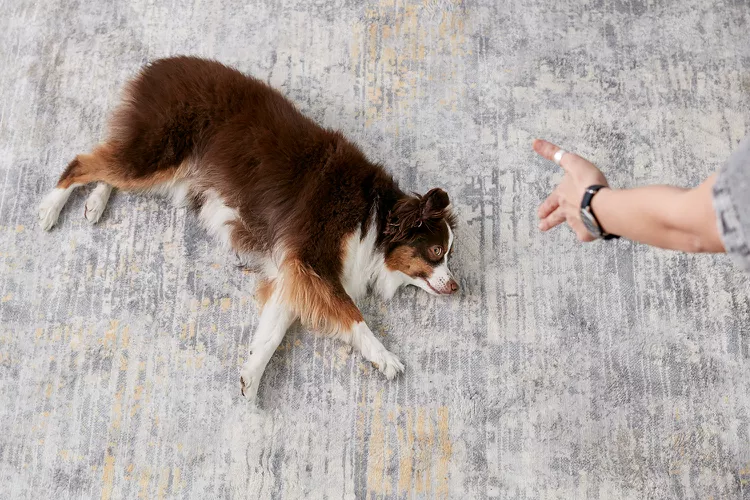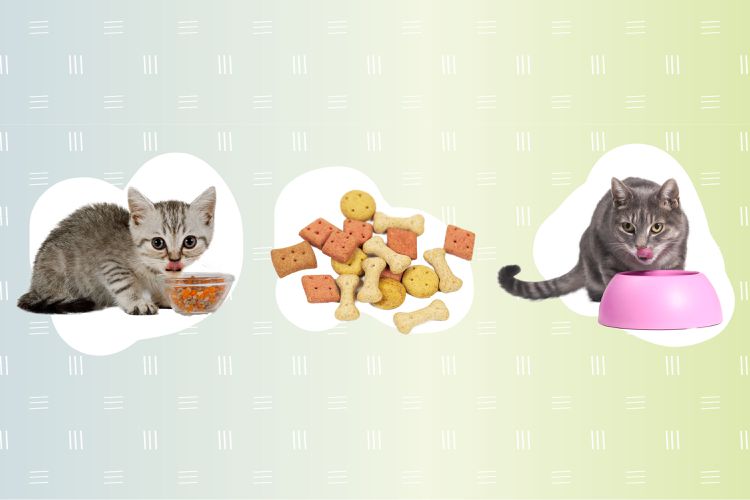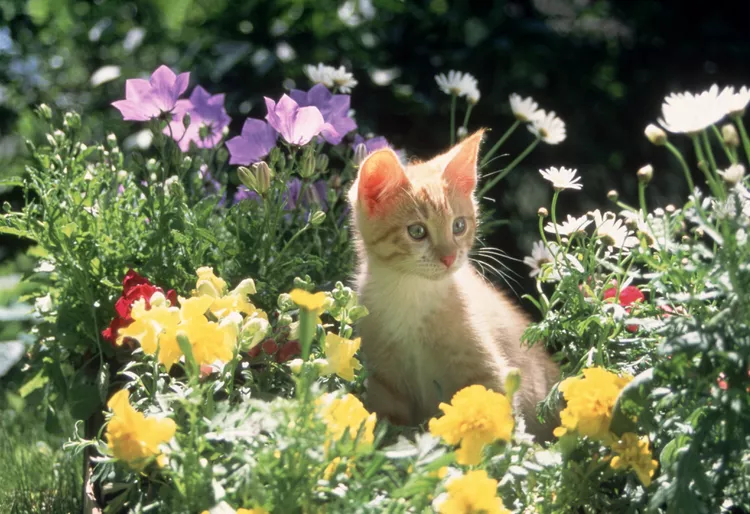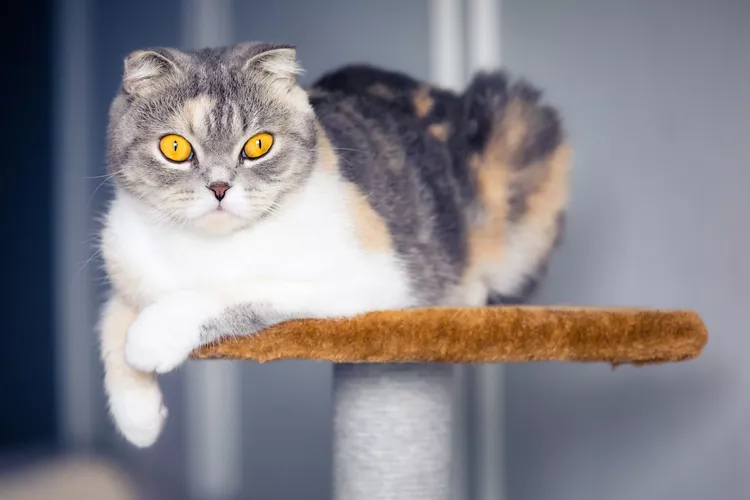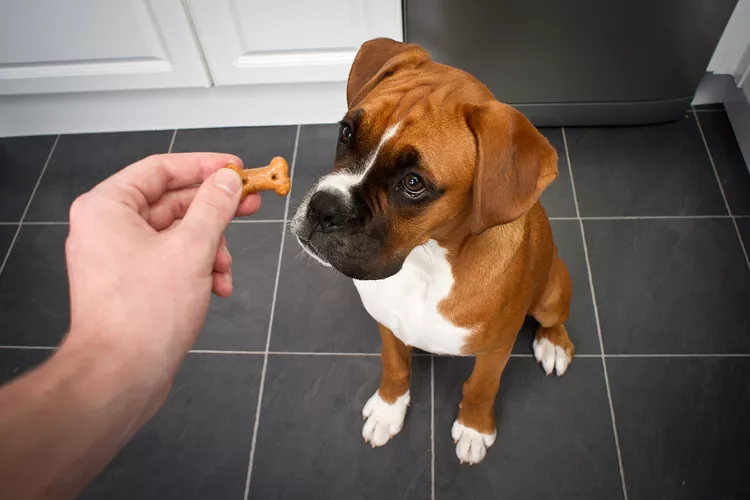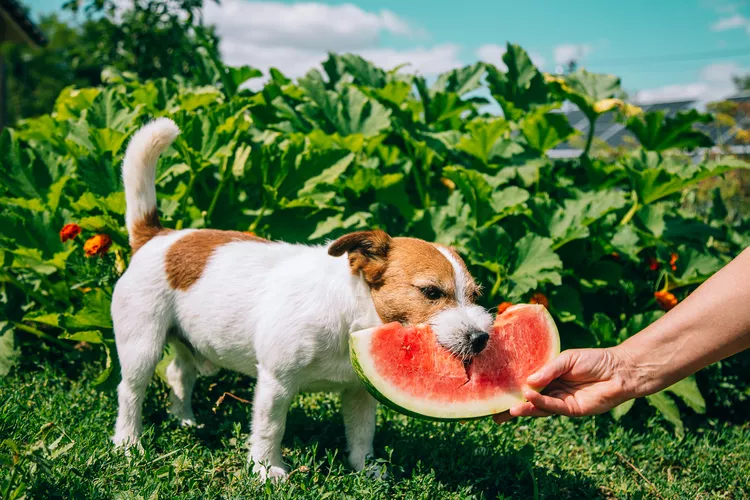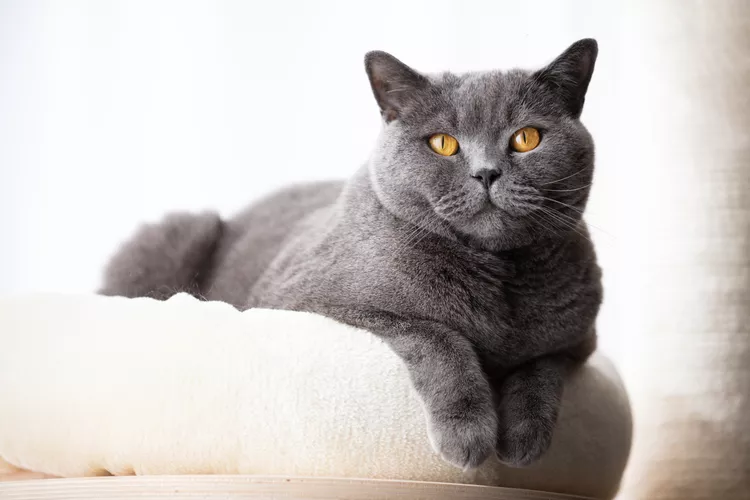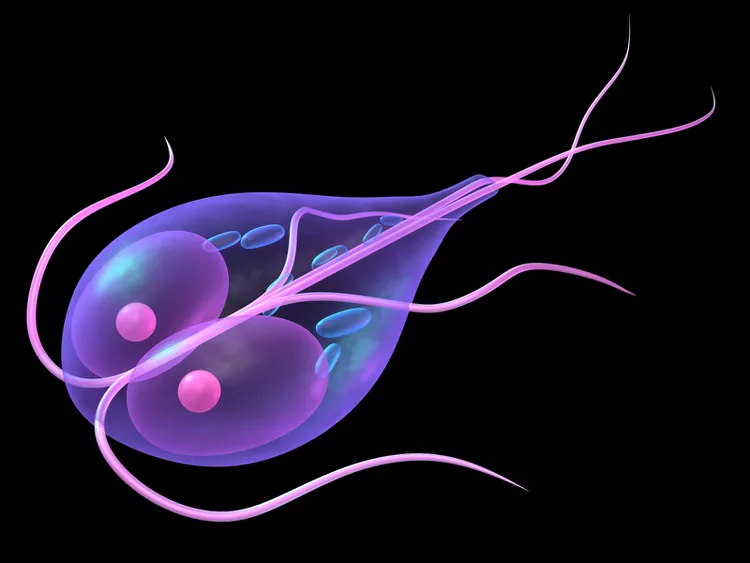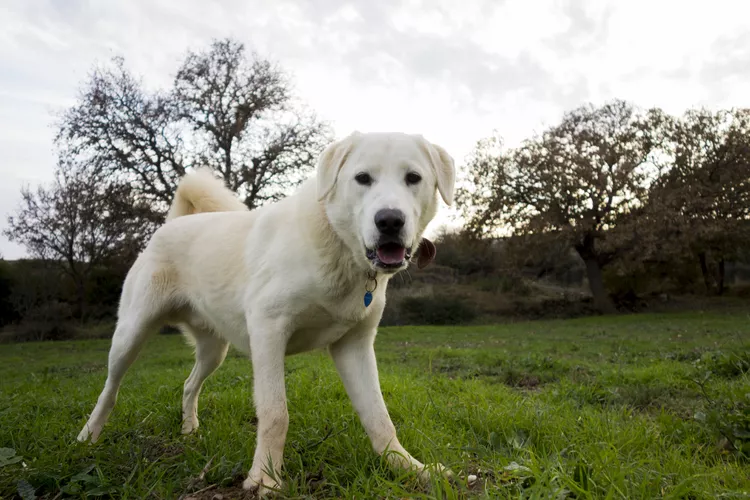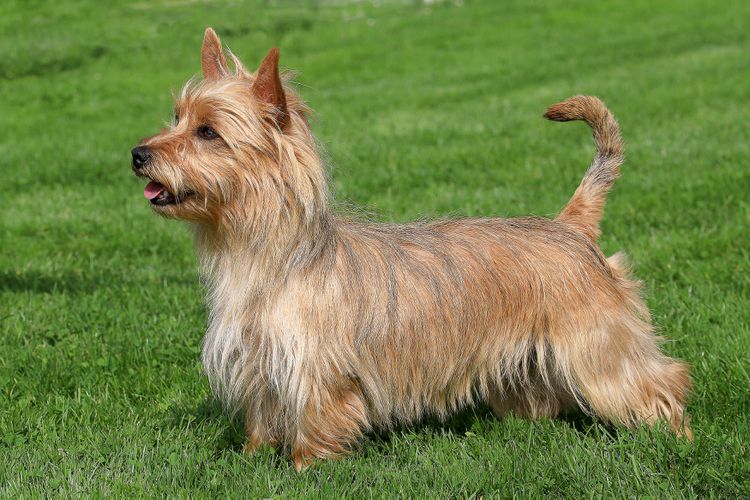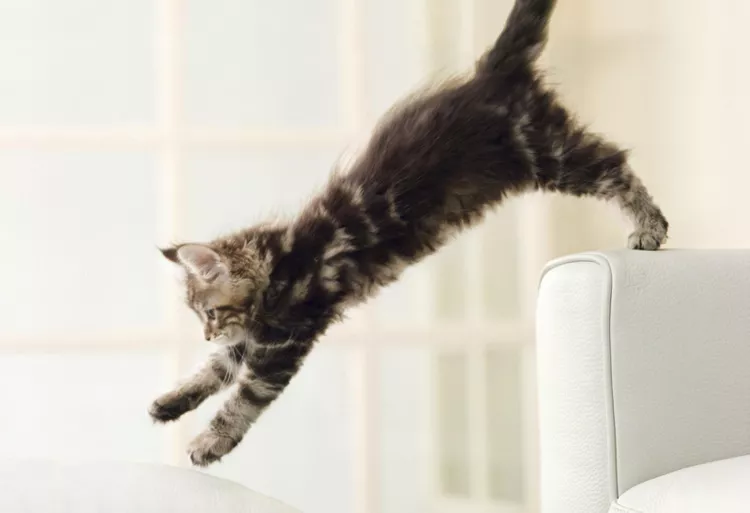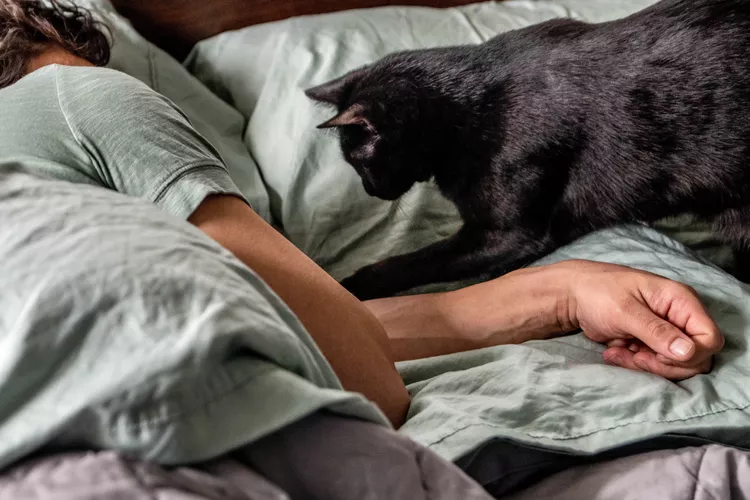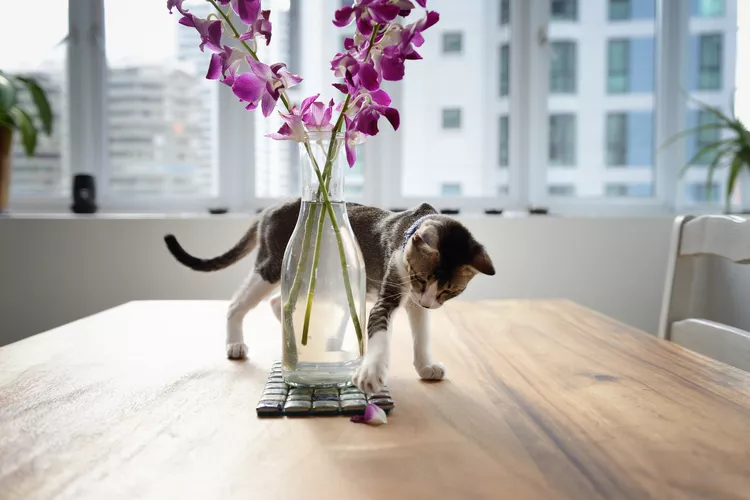Munchkin cats are ordinary domestic cats that have extraordinarily short legs due to a natural genetic mutation. Discovered in the U.K. in the 1940s, the short-legged lineage was perpetuated by breeding, but it wasn't until 2003 that Munchkins were accepted as an official breed by The International Cat Association (they are not yet accepted by the Cat Fanciers' Association).
Despite their controversial breed status, Munchkin cats make loving pets that delight their owners with humorous antics like scurrying after toys in a "ferret-like" fashion and sitting upright like rabbits. Here’s everything you should know about this breed to determine if a Munchkin is the right cat for you.
Breed Overview
Other Names: Sausage cat
Personality: Friendly, sociable, playful, and energetic
Weight: Up to 9 pounds
Length: Up to 18 inches long
Coat Length: Short hair, medium hair, and long hair
Coat Colors: Any color of the feline rainbow
Coat Patterns: Solid, tabby, calico, tortoiseshell, or bicolor
Eye Color: All colors, including blue, brown, copper, green, and yellow
Lifespan: Up to 15 years
Hypoallergenic: No
Origin: United Kingdom
Munchkin Cat Characteristics
Munchkins are sometimes compared to ferrets in the way that they run and play on their short legs, but they are bona fide felines. Because Munchkins may be bred to a wide variety of domestic cats, an individual cat's personality will depend on their inheritance. All in all, Munchkins have been described as loving, sociable, and playful by their devoted fans.
Click Play to Learn More About the Unique and Adorable Munchkin Cat
History of the Munchkin Cat
Munchkins owe their short legs to a naturally occurring gene, not human selective breeding. In the 1940s, a veterinarian in the United Kingdom described several generations of short-legged cats—a line that disappeared during World War II. However, a similar short-legged cat was discovered in Stalingrad in 1953.
Thirty years later, U.S. cat breeder Sandra Hochenedel found a short-legged cat in Louisiana she named Blackberry. Blackberry's first and subsequent litters consisted of half short-legged kittens from which today's Munchkin breed has descended. Named after the short Munchkin characters in "The Wizard of Oz," this breed achieved The International Cat Association championship status in 2003.
The gene that produces the short legs of Munchkin cats is autosomal dominant, meaning it is not sex-linked and is expressed whether inherited from one parent or both parents. However, it is lethal when copies are inherited from both parents (those embryos die in the womb). As a result, Munchkins are only bred with regular domestic cats, not with other Munchkins.
The offspring of Munchkin/domestic cat matings have an equal chance of being Munchkins or not. Only the offspring that are Munchkins carry the gene.
The breed standard states that permissible outcrosses are domestic longhair or shorthair cats that are not members of a recognized breed. Munchkin crosses with recognized breeds produce short-legged variations of that breed.
There is an ongoing debate about whether recognizing the Munchkin as a breed is ethical due to its abnormal mutation. Opponents say they should not promote a genetic mutation that could have poor health consequences for the cat. Proponents point to evidence that Munchkins do not seem to have any health concerns specific to the breed, and the cats seem to lead a full life on their shorter legs.
Munchkin Cat Care
When it comes to grooming and exercise, Munchkins aren’t demanding, but they do require your attention.
Grooming
The Munchkin requires a little grooming assistance since their shorter legs prevent them from reaching certain areas of their coat with their tongue. Short-haired cats should be brushed weekly and long-haired cats should be brushed a couple of times per week. Regular brushing helps prevent hairballs and matting.
You should also trim your cat's nails, and help your cat maintain oral hygiene by brushing their teeth a couple of times per week, in addition to getting regular cleanings at the veterinarian.
Exercise
Munchkin cats are smart, active, social, inquisitive, and willing to learn. They can be trained to do things like walk on a leash, play fetch, and perform tricks. Clicker training can be an effective method for training your Munchkin to follow commands, and you can use this time to bond with your cat.
Munchkins have no problem running around on their shorter legs, but can't jump as high as their longer-legged counterparts. Still, they will hop and climb, so providing a cat tree can help them reach new heights safely. These curious and active cats enjoy interactive cat toys and playtime with their people.
Munchkins have personalities that run the gamut of domestic cats. They generally get along well with children, other cats, and dogs. Any cat should be kept as an indoor-only cat to ensure they are not exposed to diseases from other cats, fights, attacks, or accidents. Spaying or neutering your cat is recommended if they are not going to be bred.
Common Health Problems
On average, Munchkins live up to 15 years. They can develop any of the health problems that can affect other breeds, such as:
- Hyperthyroidism
- Feline lower urinary tract disease
- Diabetes
- Heart problems
- Kidney disease
- Digestive issues
- Dental problems
- Arthritis
According to The International Cat Association (TICA), the Munchkin doesn’t have any debilitating genes. Only the long bones in the legs are affected by the gene that causes shorter legs in Munchkins—the spine is not affected, nor are any other bones. TICA also states that, compared to other breeds, these cats aren’t at a greater risk of developing arthritis or difficulty moving and walking (problems that can occur with age in any breed).
The gene responsible for the Munchkin's short legs has been likened to the gene that gives dachshunds and Welsh corgis their diminutive statures. However, since the spine of a cat is physically different from that of a dog, Munchkins do not suffer the spinal problems that are sometimes associated with those canine breeds.
Studies of older Munchkins have not found any conditions that stem from their short-legged stature or possible structural problems. You can expect a normal lifespan if you get the recommended immunizations and preventative care from your veterinarian.
Appearance
The Munchkin is a medium-sized cat that may appear smaller because of their short legs. Besides the leg length, the Munchkin is a very normal-looking cat, bearing characteristics of their particular breeding lineage. Generally speaking, the Munchkin's coat is soft and plush, ranging in length from short to long.
Munchkin cats can have varying leg lengths:
- Standard: Compared to a normal cat, these Munchkins’ legs might only be a bit shorter.
- Super-short: These Munchkins’ legs will be 2 to 3 inches shorter than a normal cat’s legs.
- Rug hugger: These Munchkin cats have the shortest legs, and are closest to the ground compared to other Munchkins.
Diet and Nutrition
Your Munchkin cat should be fed the same diet as any other cat. A Munchkin is a medium-sized cat with a weight and body mass that is not significantly affected by having short legs. A wet food diet is often considered best, but you can leave out dry food for your cat to snack on as well. Discuss your cat's needs with your veterinarian, especially if your cat has diabetes, is obese, or is older. Provide fresh, clean water for your cat at all times.
Where to Adopt or Buy a Munchkin Cat
On average, a Munchkin cat costs $800 to $1,200. However, the price will depend on the breeder, and some cats are priced over $2,000.
You may be able to purchase a purebred Munchkin cat through a breeder in your area. There is a website called Munchkin Cat Guide that maintains a breeder directory. If you'd rather adopt from a rescue organization, check out:
Munchkin Cat Overview
Munchkin cats are cute, short-legged felines that look and act like the breed(s) in their family history. There is a controversy involving the ethics of breeding cats with abnormally short legs, but the breed appears to be healthy and free of skeletal issues such as those that affect the Scottish fold. If you have no qualms about perpetuating the anatomical abnormality of the Munchkin breed, you will enjoy the playful and friendly companionship of this unique cat.
Pros of Munchkins
- Loving, sociable, and playful
- Not likely to jump up to high places
- Not susceptible to any breed-specific illness
Cons of Munchkins
- Breeding this cat is controversial
- Needs help with grooming
- Less agile than other cats; may be prone to injury if left on high surfaces like countertops
More Cat Breeds and Further Research
If you’re interested in similar breeds, check out:
Otherwise, check out all of our other cat breed profiles.
-
Is a Munchkin cat a good pet?
Munchkin cats make great pets. They get along with children and other pets, and they like to stay active by playing and spending time with their family. They require the same care and attention that any other cat needs, and they are loving and smart.
-
Do Munchkin cats like to cuddle?
Yes, Munchkins are lap cats that enjoy cuddling and being around people. When they aren’t running around playing, they will gladly relax with you.
-
Can Munchkin cats be indoor cats?
Absolutely. In fact, it’s best to keep Munchkins and other domestic cats indoors for their safety. If you’d like to expose your Munchkin to the outdoors, you can train them to walk on a leash or take them outside in a pet stroller to ensure they’ll be safe and won’t get lost.
